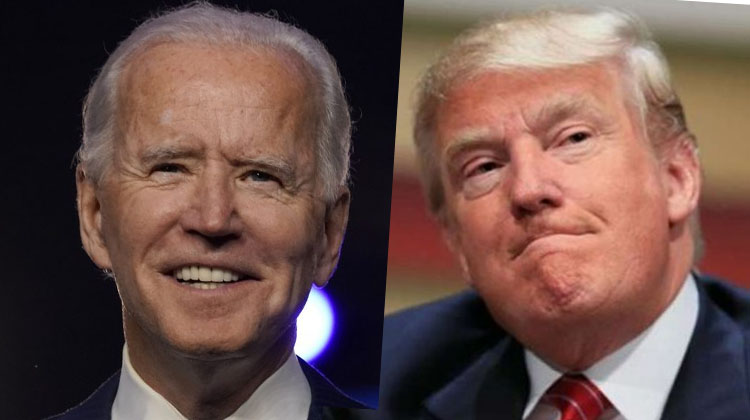In a recent national address, President Joe Biden has called for unity among Americans in the wake of Donald Trump’s significant victory over Vice President Kamala Harris. Acknowledging the divisive political landscape, Biden emphasized the need to lower the political temperature and focus on shared American identity rather than positions of disagreement. As he addressed the nation from the White House, he affirmed his commitment to a peaceful transition of power, aiming to quell ongoing doubts about the electoral integrity that have been fueled by Trump’s previous refusal to concede the 2020 election. Biden’s hopeful message invited Americans to come together and respect the democratic process, encouraging a move from partisanship to a broader sense of national togetherness.
Following his withdrawal from the race and the passing of the Democratic nomination to Harris, Biden took the opportunity to express his congratulations to Trump, reinforcing a spirit of cooperation. He reassured the public about the forthcoming transition set for January 20, stating, “We’ll have a peaceful transfer of power here in America.” This commitment stands in contrast to the preceding election cycle, during which Trump’s non-recognition of defeat led to the tumultuous events of January 6, 2021, where his supporters besieged the Capitol. Biden’s approach underscores a return to traditional political norms, highlighting the importance of democratic stability in the face of potential upheaval.
In the wake of Trump’s reelection, Biden addressed his supporters with a message of resilience, urging them to maintain hope despite the political setback. He reminded them that losing an election does not equate to a loss in conviction or purpose. Biden’s message served as a rallying call for his supporters, hoping to rekindle their spirits in an environment that may soon see many of his policies rolled back under Trump’s administration. This sentiment of perseverance amidst adversity resonates deeply, as Biden acknowledged the emotional and ideological challenges that many Democrats now face.
While Biden extended an olive branch to Trump, suggesting a meeting at the White House, the invitation symbolizes a complicated relationship amplified by past confrontations, including a tumultuous debate performance that ultimately led to Biden’s exit from the race. This move could be interpreted as a strategic effort to model the very unity he advocates for, demonstrating an openness to dialogue even with political opponents. The anticipated encounter could serve as a pivotal moment in promoting healing and addressing the divisions that have marred American politics in recent years.
Biden’s message has also resonated internationally, with global leaders like Nigerian President Bola Tinubu expressing support for Trump’s leadership. Despite growing apprehension worldwide regarding Trump’s nationalistic policies, which emphasize an “America First” stance and potential tariffs on foreign imports, Tinubu reaffirmed the importance of collaboration for promoting economic cooperation and addressing common global challenges. His comments reflect a nuanced recognition of the shifting political landscape in the U.S. and its implications for international relations, suggesting a readiness to engage with the Trump presidency constructively, despite apprehensions about its policies.
In summary, Biden’s call for unity in the wake of Trump’s victory highlights the complexity of the American political landscape and the necessity for healing and reconciliation. His commitment to a peaceful transition of power reflects a return to foundational democratic principles and emphasizes stability in governance. As both leaders prepare to navigate the challenges ahead, their subsequent interactions will be crucial in setting the tone for future political discourse and international relations, signaling whether cooperation or confrontation will prevail in the coming years.


